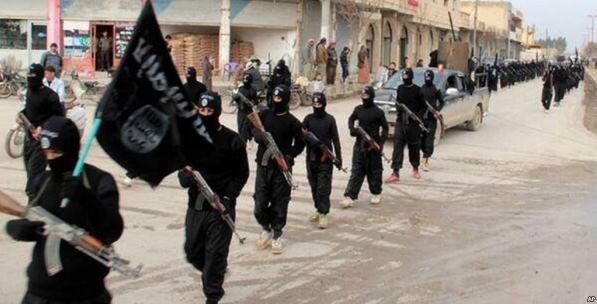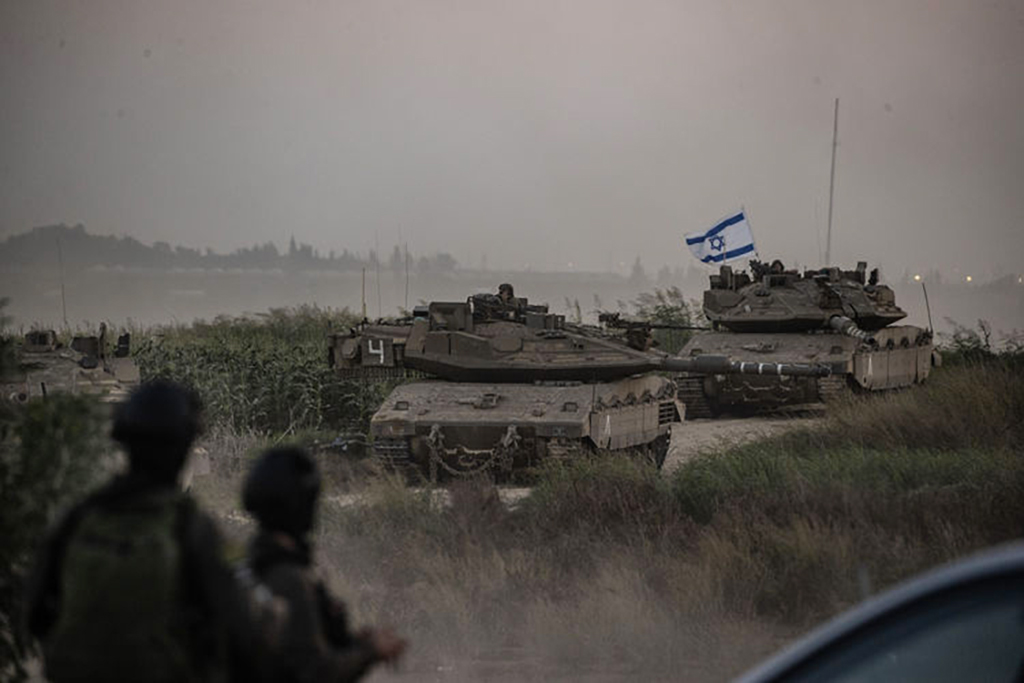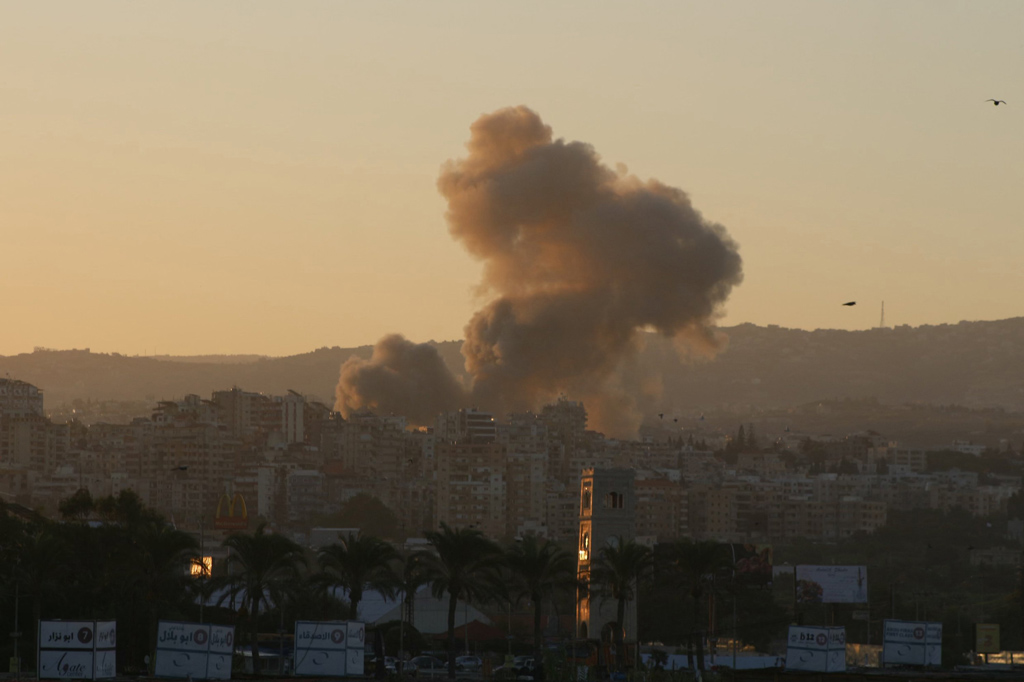The debate in the U.S. concerning ISIS and Iraq is bringing back older conversations regarding all sorts of old traumas of American foreign policy.
In different instances observers and analysts of U.S. foreign policy refer to events such as the Vietnam War and the intervention in Afghanistan in order to indicate the danger of interfering in foreign lands. In recent years the war in Iraq and its consequences generated another historical analogy to be referred to in the cases of possible foreign interventions. Especially during the conflict in Syria, these examples have been very forcefully utilized by noninterventionists in order to demonstrate the dangers of intervention in foreign civil wars. Some even stated that Syria is not a mess that U.S. has created and thus cannot be responsible for stopping the humanitarian disaster in the region. This policy has become an official stance as President Obama stated several times that the U.S. will not try to resolve civil wars in other countries. This policy did not change even after the use of chemical weapons by the Assad regime on its own people, which can be considered one of the most well documented chemical attacks.
This policy of non-intervention and non-interference was partly a result of overreaction by the Obama administration to the mistakes of the Bush administration's Iraq policy. This inaction was partly responsible for the increasing strength of ISIS in Syria and increasing sectarianism in Iraq. The capture of Mosul by ISIS and its march on Baghdad with the support of Sunni Tribes and former Baathists and the increasing mobilization of Shia militia, including the Mahdi Army of Moqtada Sadr launched a new debate in the U.S. about the initiation of the Iraq War, its continuation and its finalization.
Without doubt, the decision to go to war in Iraq was one of the most colossal mistakes of U.S. foreign policy history. The intelligence provided by the agencies and political and media campaigns pursued by the administration post 9/11 U.S. in regards to Iraq have now been considered major failures.
Research after the war demonstrated that there were no Weapons of Mass Destruction (WMD) and contrary to those who propagated the idea of a potential cooperation between Saddam Hussein and al-Qaida, there was no evidence proving that argument.
Nowadays, there is not much more of an argument other than "the world is a better place without Saddam Hussein" for those who pushed U.S. for a military campaign against Iraq.
The debates regarding the policies of the Provisional Authority of Iraq and the U.S. administration after the invasion of Iraq are being revived nowadays with the rise of ISIS and its support from former Baathists. The huge mistakes of this phase, including the complete de-Baathification of state institutions and the dismantling of the Iraqi Army, have started to be discussed once again 11 years after the initiation of the war. These two mistakes are considered the causes of the launch of the civil war and the extension of U.S. occupation in the country. In particular Paul Bremer's recent statements in regards to the Iraq War and his criticisms of the Obama administration created a huge reaction among many who considered Bremer as the architect of these failures.
The U.S.'s disengagement from Iraq at the end of 2011 is generating another major debate nowadays, especially with the participation of Bush era officials, including the former Vice President Dick Cheney.
These former officials are criticizing President Obama for failing to negotiate a better agreement with Prime Minister Nouri al-Maliki in order to be able to station some American servicemen in the country, which could play a major role in preventing the rise of ISIS and provide intelligence for U.S. foreign policy. The responses to Cheney and former officials have been extremely harsh and the focus of attention on U.S. politics almost diverted the attention instead of focusing on ISIS and the situation in Iraq.
Surely, questions about the









